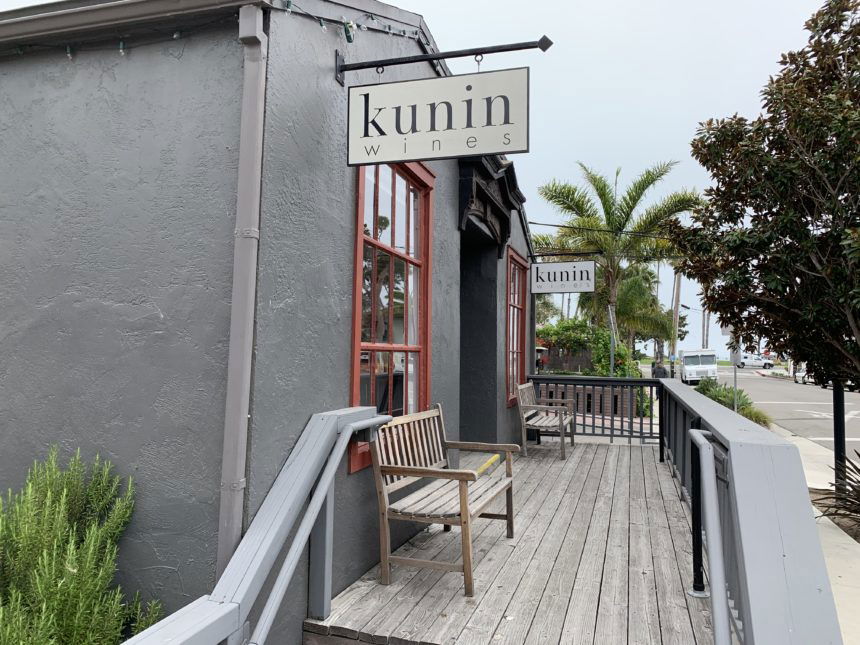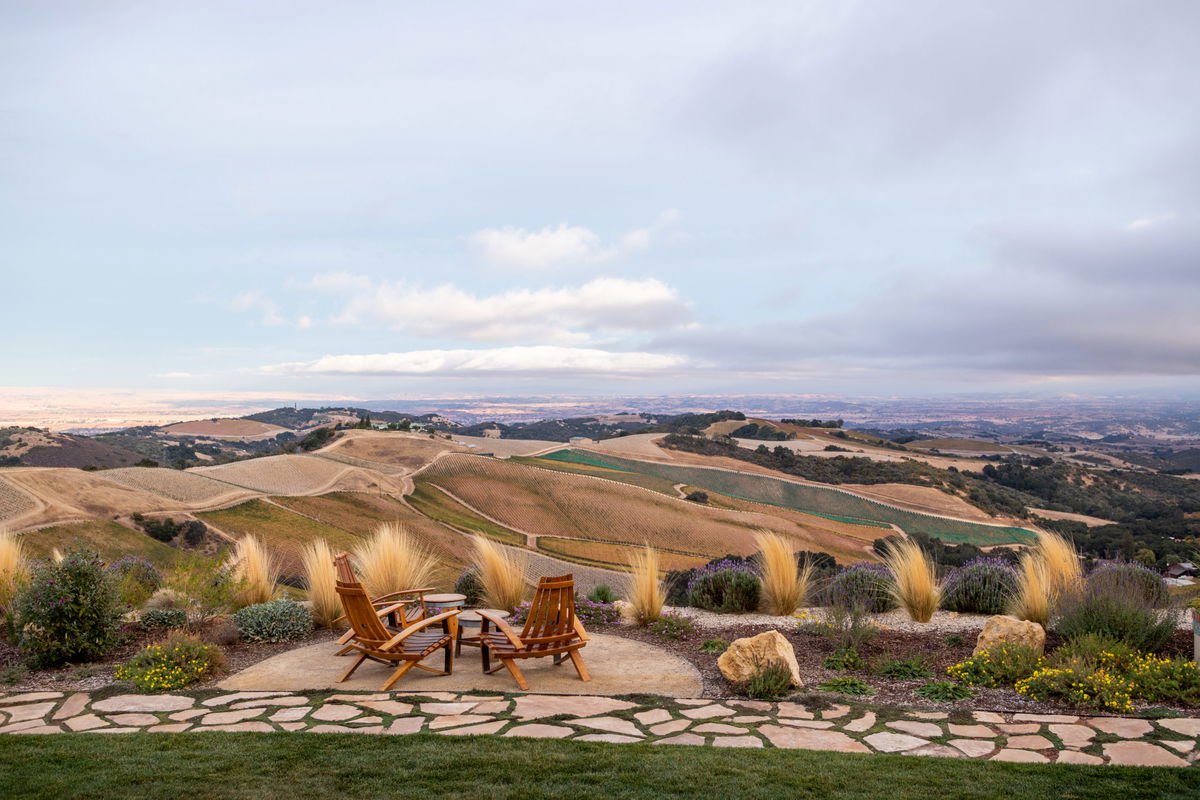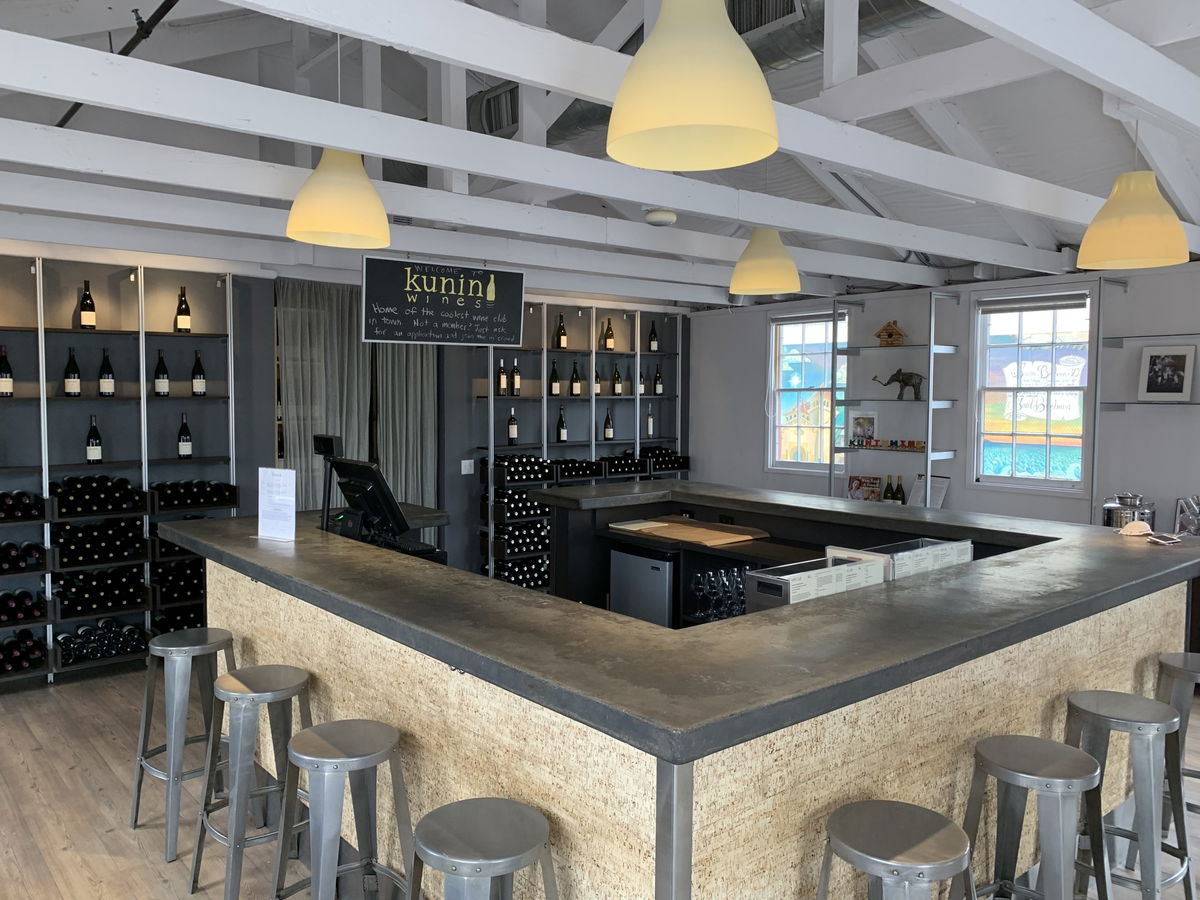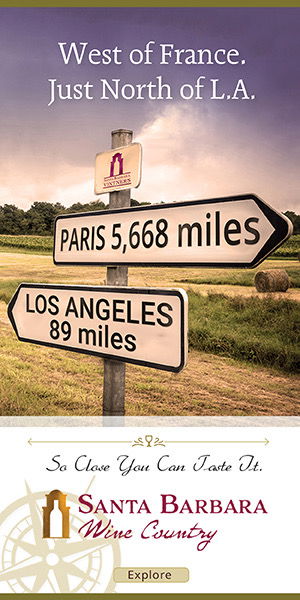Wineries adapting to coronavirus challenges

SANTA BARBARA, Calif. - With tasting rooms closed for more than six weeks, a vital connection to customers has been cut off for wineries from Santa Barbara to San Luis Obispo.
Studies show people are drinking more since shelter at home orders went into effect, but wineries are having to adapt to stay connected to customers.
The CEO of Santa Barbara Vintners says wineries are having to convert from being an experience that relies on human face-to-face connection where they can tell the story of wine.
"Wine is inherently social," Alison Laslett, the leader of the county trade association said. "How do you sell a story when you can't talk to someone face to face?"
According to Laslett, studies show the wine industry has a $2 billion economic impact in Santa Barbara County. She said some wineries have closed since coronavirus restrictions went into place, though none permanently.
"It's a challenge," DAOU Family Estates Co-Proprietor Georges Daou said. "It's just a new world."

DAOU was well positioned to adapt to it, making an investment in digital communication with customers before COVID-19 hit. The well-known Paso Robles winery schedules wine dinners on Zoom and Instagram with wine maker Daniel Daou and sommelier Fred Dame, who is the global wine ambassador for DAOU.
"Daniel explains the wine from a pure winemaker standpoint," Georges Daou said of his brother. "Then Fred explains the wine from a wine tasting standpoint so when those two come together it's been very very successful for us."
DAOU tasting room employees are connecting with customers all over the world digitally, and the 160 people who work for the winery are still employed. Some have shifted to work in the vineyard where production is constant, and others have pivoted to online communications.
"Those who live in the Central Coast like most of us are lucky enough to live there that we can visit (the winery), but several folks around the world love DAOU but have no opportunity to visit," Georges Daou said. "So we had to create ways to ship them wine, to explain the art of the wine to them."
In Santa Barbara's Funk Zone, Magan Kunin is trying to navigate uncharted waters for her boutique winery.

"Everyone's trying to figure out how to pivot and what the future's going to look like when we reopen, or if we're not open for a long time," Kunin said.
A huge part of Kunin Wines is welcoming people into the tasting room that's a block from the beach. With that on hold, the connections made there over the years are helping sustain the business through wine club memberships.
"We've spent a long time building up a loyal community and that's really helped us a lot," Kunin said.
Kunin continues to make and ship wine to distributors and club members, but like many other wineries they are exploring more ways to reach customers online.
"People are going to have to find their authentic voice to do that, and it doesn't happen overnight if it's not something you were already doing," Kunin said.
What Funk Zone wineries do best is create an experience that draws people to the area. No one knows when that will be able to happen again.
Laslett, the CEO of Santa Barbara Vintners, is partnering with the California Wine Institute to develop best practices for when it does reopen. She's also part of a group of industry leaders working with the county to understand how to safely open tasting rooms again. The group met for the first time on Tuesday.

"West of France, just north of LA" will be the new marketing campaign for Santa Barbara County wineries to attract tourists when the time comes. The hope is there will be pent up demand from the urban center of Los Angeles for people to make a quick getaway up the coast.
In Paso Robles, Georges Daou thinks wineries across the Central Coast offering quality and value will succeed.
"I think wineries overall will do well," Daou said. "Especially in Paso Robles it's very value oriented so you get a lot of quality for what you pay.
"I think the new consumer is going to be price sensitive and look for value, and I believe that our region, Santa Barbara equally, Santa Maria, this entire Central Coast region is only going to soar."
